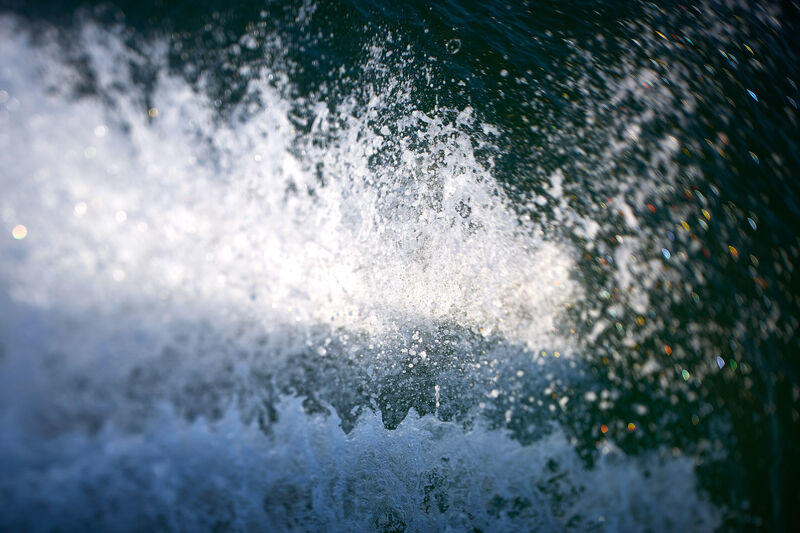
Environment & biodiversity
Location:
Toulon (France)
Sponsor:
Emmanuel Plessis
Grant:
€10,000 at the selection committee meeting on 27 March 2019
Project Owner
Université de Toulon
« This R&D project is another brick among all the actions being carried out on the larger water cycle. » Emmanuel Plessis
Created in 1968 and independent since 2012, the Université de Toulon (UTLN) relies on a strong territorial base, nourished by constantly renewed links with the region's socio-economic fabric. In particular, it is keen to align its range of courses and research activities with the expectations of economic and institutional partners. UTLN has 15 research laboratories on four campuses.
Micro- and nanoplastics
The Université de Toulon is working on the issue of microplastics (μP) - plastic particles less than 5 mm in size - that abound in the Mediterranean. The findings were drawn up by Ifremer following evaluation campaigns conducted in the Mediterranean in 2012 and 2015. But at the scale of the Toulon coastal ecosystem, there is little data on the presence of microplastics, particularly in the harbour, and on the sources of these μP in the territory, an essential step for all local stakeholders in identifying possible actions.
Nanofragmentation of microplastics produces particles measuring under 0.1 μ: nanoplastics (nP). They are probably the least known fraction in the marine environment and also potentially the most dangerous. At present detection methods are only in the early stages of development.
The future of these nano and microplastics in the marine environment raises questions. Biological processes must be considered since microplastics can be ingested by a large number of marine organisms and could impact their physiological state, the diversity of communities and by extension the functioning of the ecosystem as a whole. In addition nanoplastics and microplastics could act as a new substrate for the marine microbiota and/or carry pathogenic species.
A protocol for characterizing this pollution
The project supported by the Veolia Foundation should result in the Université de Toulon creating an innovative method for detecting and identifying nanoplastics. This first phase will make it possible to assess their toxicity on marine plankton and, by extension, estimate their potential impact on consumer products marketed by the seafood industry. An essential contribution to a more detailed understanding of plastic pollution at sea.

